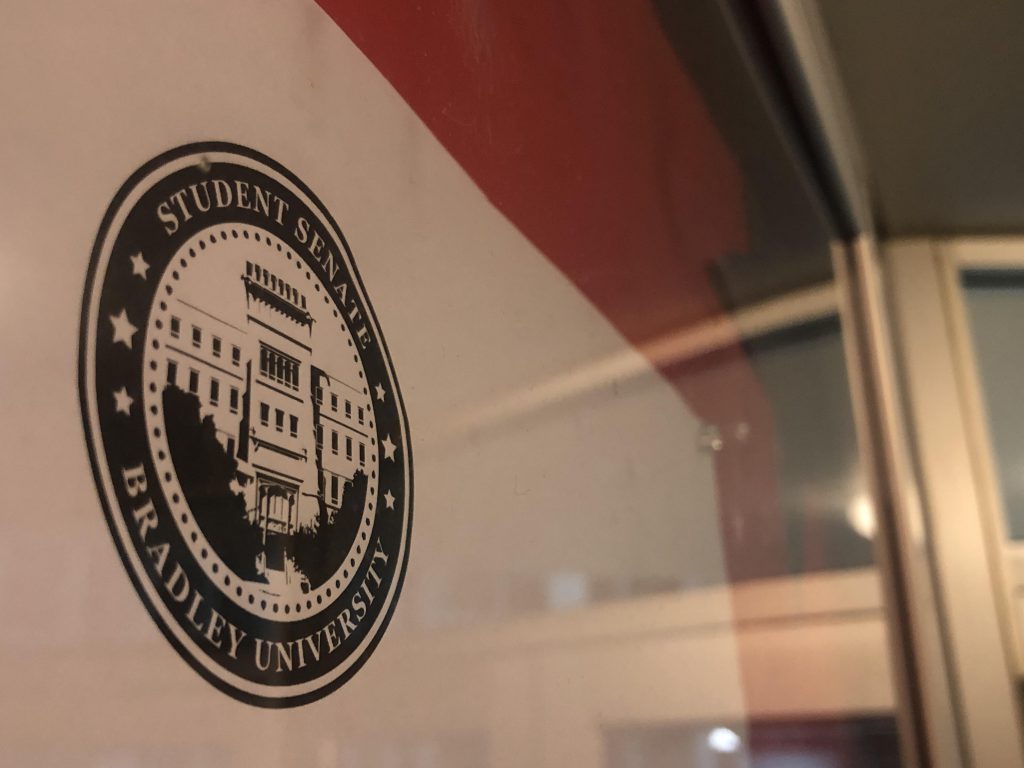
While the pass-fail option for courses was available last semester after a sudden switch to online classes due to the pandemic, it isn’t the case for the fall semester.
The alternate grading system was implemented for the spring semester earlier this year where students could opt-in to have courses graded as “pass” or “fail” once completed and not affect their grade point averages.
When asked for a comment on the process that would be needed to implement the pass-fail for courses, the provost office did not respond at the time of publication. However, university spokesperson Renee Charles said that the university isn’t considering a pass-fail option for the semester.
At a Student Senate general assembly on Sept. 28, university president Stephen Standifird was asked why the grading option wasn’t continued for the fall semester. He said that the last semester had a sudden shift to online learning and that students’ financial aid would change with the option added, according to the senate’s minutes.
Student Senate’s chairperson of campus affairs Harini Vasudevanallur Subra agreed with Standifird’s stance: the option was available last semester because it was a crisis-driven decision and students and professors were put in unforeseen situations.
“Bradley understood online learning was difficult and introduced the pass/fail situation,” Vasudevanallur said in an email interview. “Nothing much has changed this semester. If anything, things have gotten a little worse.”
Vasudevanallur said there is limited engagement between faculty and students with online learning, a bigger workload this semester and Wi-Fi issues that could interfere with students’ grades this semester.
A survey form from Student Senate posted on its Instagram page this week asked students if they wanted a pass-fail option for this semester. The survey also asked students to also explain the reason they decided against or for the grading option.
According to student body president Emma Hoyhtya, she and other members of the Student Senate spoke at a deans’ meeting on Tuesday to propose the option with a slideshow displaying their findings from a survey.
“We tried to cover ways that it affects our mental health, the impacts of online learning and what this time of our lives has caused us, things like lack of routine, lack of balance, lack of plan,” Hoyhtya said.
An anonymous student’s response to the survey, which was for pass-fail, said that their mental health has been on a decline with the uncertainty from this semester and professors’ expectations. Their response was used as an example in the slideshow.
“Additionally, some of my professors are still struggling with teaching via online learning and I am greatly struggling with how to adjust to their unforgiving grading policies and inability to accurately and effectively teach,” said the student.
While Hoyhtya said the deans were interested in exploring the subject more, she said they were also considering how to improve students’ mental health as well.
Other aspects that were used as examples were students complaints of access to resources, students having to work through the pandemic, the Wi-Fi on campus and not being able to see family.
“I wasn’t aware that there was a pass-fail survey, but I understand how some students would prefer to have pass-fail, especially during this time where things are so unpredictable and it gives students a relief of not having to worry about negatively affecting their GPAs,” said sophomore biomedical pre-medicine and psychology double major AIyea Mendoza.
She said she doesn’t see herself using it with her classes.
The data that is being collected from the survey, according to Hoyhtya, has over 150 responses, with most students being in favor of the pass-fail option.
“The selection of students that were against it, most of them didn’t understand,” Hoyhtya said. “Some people that voted against it thought that it meant that all their classes would be put into pass-fail, or that they would be forced into something, but that is not the case.”
Vasudevanallur also said that they had reached out to professors. In the presentation, they noted that professors worry that students won’t engage in class, it could affect students’ scholarships and could look bad to future employers.
As a rebuttal, Student Senate said that the option can be granted based on a student’s participation in a class. They also suggested it can be optional if it will affect a student’s financial aid as well as facing the consequence of taking the option should be up to the student to decide.




